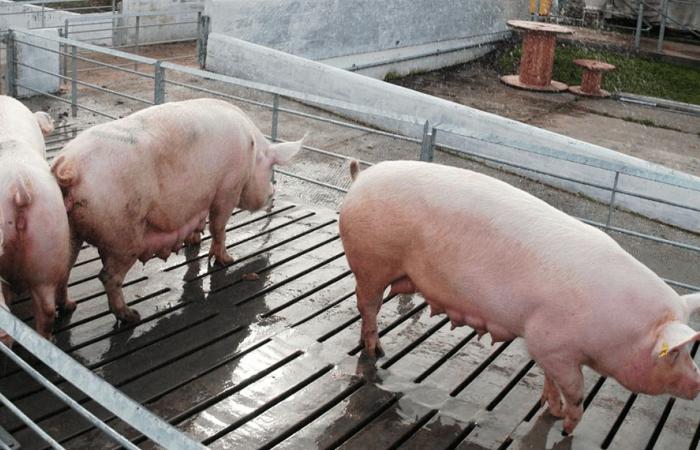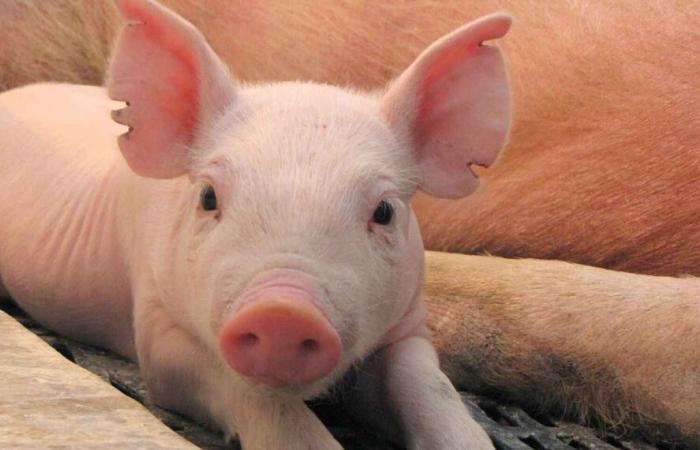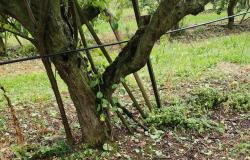In line with its predominance in international trade, Every step and decision that China takes inevitably has effects that are replicated in other countries.and many times in regions in other parts of the world.
They know this dynamic perfectly in Argentine agriculture, whose ties with the Asian Giant already have a long history.
Recently, after the application of extra tariffs on the entry of Chinese electric cars into the European Union, Xi Xinping’s administration decided to formally begin its own investigations into alleged “dumping” maneuvers by the European market in terms of pig production.
“Let the pigs not be the scapegoats”: harsh claim against the opening of imports
“China is a strong player, perhaps the strongest, and when it wants revenge it takes it to the last consequences. Which is why the alleged dumping of pork from Europe is revenge for the vehicle conflict. China can afford to discard that market and look for others”, analyzed the Argentine consultant Juan Luis Uccelli, a specialist in the pork market.
With the problem brewing, the “Interprofessional of White Coated Pigs” (Interporc) in Spain, a country of great importance in pig production, seeks to achieve a prompt solution to the conflict unleashed in recent hours.
“Trade wars are not good for anyone,” announced the Minister of Agriculture, Fisheries and Food of Spain, Luis Planas. The concern there is not unfounded: currently Spain would be the main loser if the measure is maintained from China.
Planas seeks to quickly resolve the conflict and avoid consequences.
The Iberian nation contributes 21% of the total pork products imported by China, ahead of the United States (15.9%), Brazil (15.8%), the Netherlands (9.0%), Canada ( 9.0%) and Denmark (8.80%).
In statements to the Spanish newspaper El Independiente, Jaume Bernis, responsible for pig issues for the Coordinator of Farmers and Livestock Organizations (Coag), dismissed the veracity of the accusations.
“If we have been the first for years it is because we do it very well, because they are very demanding and meticulous in terms of health,” he analyzed.
OPPORTUNITY IN ARGENTINA?
Given the commercial conflict unleashed between both commercial blocs, Argentina’s outlook is one of expectation.
For Uccelli, situations such as the recent opening of the Uruguayan market for pork as a result of the dramatic floods in southern Brazil are moments that, beyond being terrible for those who suffer the damage, paradoxically generate a commercial opportunity for others. AND in the pork chain they hope that the Chinese market can be opened even more.
“Given the misfortune of the floods in Porto Alegre, we opened the Uruguayan market in record time,” he exemplified. It was a market that the pork chain sought for more than five years to open, but could only achieve it as a result of climatic phenomena.
The floods in Brazil opened an export opportunity for Argentine pork
“And I think that This conflict between China and the EU is happening at a good time, because even the Government’s way of relating to China, a swap issue is involved. And it is worth remembering that President Javier Milei will be there to visit soon,” he analyzed following the trip that the Head of State will make to that country, invited by Xi Xinping.
The presidential trip will have notable tension as a result of Milei’s repeated statements against the Chinese regime, especially during the electoral campaign that catapulted him to the Casa Rosada.
Given this panorama, Uccelli analyzed: “I think (NdR: Milei) has to think that he should do business, and when you want to do business ‘they are all friends’. And I think pork has a lot of potential to enter China, which is why I see a very interesting opportunity”.

What Argentine products can have a chance? Although the Chinese market is open for cuts of meat, the flow is scarce.
“Only cuts or half a beef, but without pig heads or legs,” he exemplified. The window of possibility then opens for giblets, something that in our country not only does not present profits for producers and industrializers, but can represent an additional cost.
“They are stopped so they can be exported to China and it is very important, because they are not used here, they have a value of zero or less than zero: many times you have to pay to have them taken and in China they use all”, he compared.
“Which is why it has a competitive price that would help us improve the local price. So I see some very interesting opportunities, beyond the fact that the meat market can be reopened in all its splendor,” Uccelli concluded.








